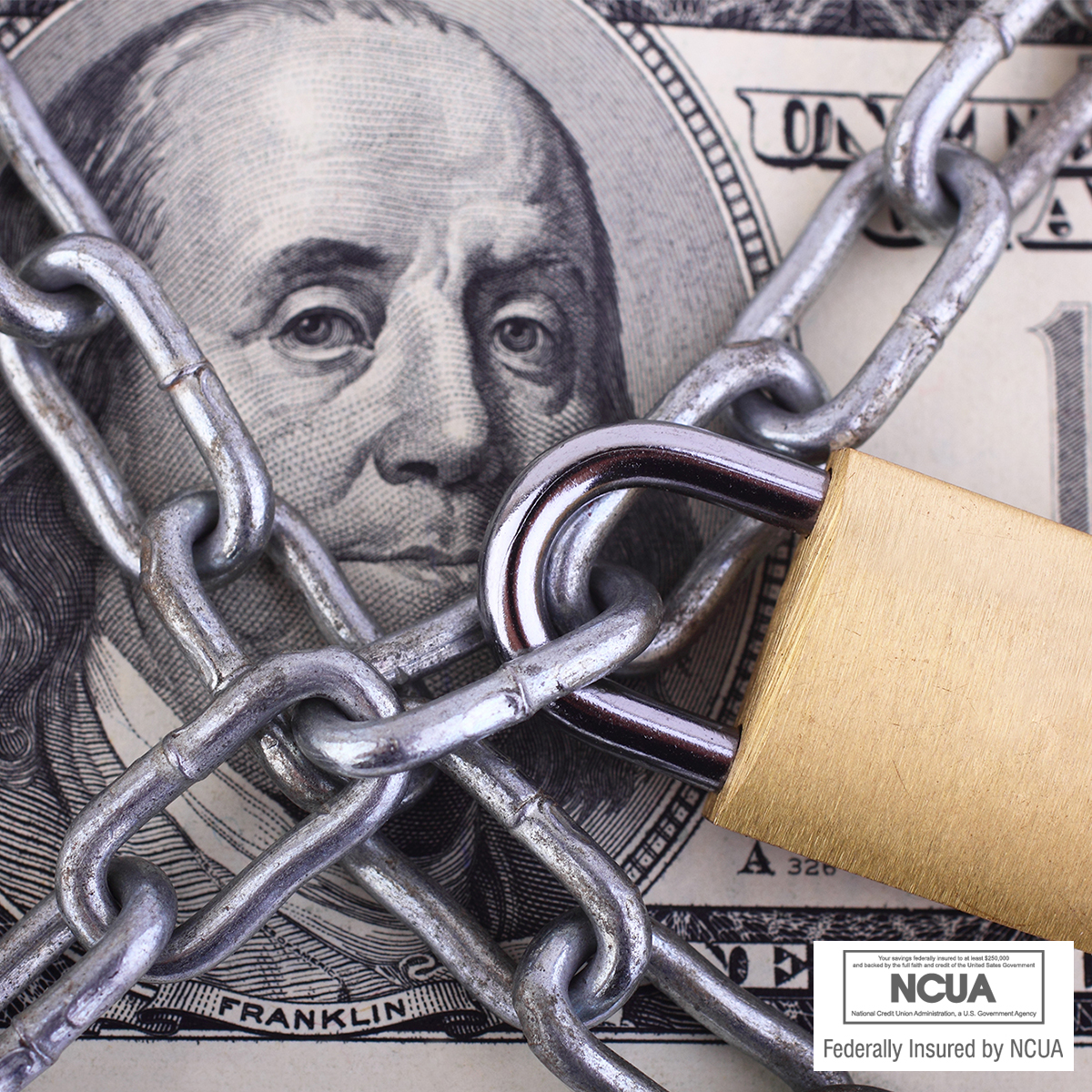Dangers to your checking account information are everywhere. Your privacy and savings have to be protected, and you need to take measures to do so. You should also avoid several potentially harmful practices that could spell disaster for your private information.
7 Ways to Protect Your Checking Account
1. Void out all checks with mistakes or flaws
You might find yourself occasionally writing a check incorrectly, spelling a name wrong, or writing out the wrong payment amount. These mistakes are unavoidable, but what you do after the mistake is what is important. Any checks that have flaws or mistakes should be torn up, or even better, shredded. A check might have your signature, an advantage for forgers, or even some of your account information.
2. Don’t give your checking account information away
This might seem obvious, but some people do this. While your close friends and family may be trustworthy, they may be careless with your information and it may fall into the hands of untrustworthy individuals. This matter varies greatly between individuals and how we trust others. In the end, you are the only person who can determine who to trust with your information, so do so carefully. The fewer people that know your information, the better.
3. Report lost checks
This is very important for everybody. A lost check can spell disaster, so make sure you report these to the police. Keep a copy of your police report, and your credit union will also give you further instructions on precautions to take. Checks that fall into the wrong hands can be doctored and changed, and even copied, causing you to lose much more money than the original amount written.
4. Don’t use unsecured internet connections
The dangers of unsecured internet connections have become more clear in recent years. Bugs, malware, and Trojan horses all have become prevalent and infect many computers without the user’s knowledge.
Unsecured internet connections may allow others to see what you have viewed and what sites you have been on, so never log into credit union accounts or other sensitive accounts when on these. Wait until you have a secure internet connection, with a password, and always make sure you have a firewall or malware blocker installed.
5. Beware of strange or unofficial emails
Hackers will try to send emails that look and sound official. They may have credit union information, your name, and may list realistic problems, like a breach of data. However, if you are asked to click a link to an external source, beware! These links may bring you to a site that looks authentic but will file the information you enter away and use it later to undermine your account security. Even clicking these links or opening the email can infect your computer with malware that leeches information.
If you receive an email that seems a little off, call your credit union before you act. They will notify you if they have sent out these warnings, which usually do not come through e-mail, or if you are the victim of an e-mail scam.
6. Keep checks and credit union statements in secure places
In the event of a dangerous situation, private information like account statements, checks, birth certificates, and social security cards should be kept in a locked box or safe and hidden. Burglars may look for these, along with valuables, and sell them later on the black market for large sums of money.
Consider a checking account that provides you with the option for electronic financial statements to avoid paper statements. In fact, if you do most of your transactions online, online checking may be a great option for you.
7. Review your transactions regularly
Even if you are not aware of it, a hacker or criminal may have gotten their hands on your financial information and may be using it without your knowledge. Regularly check your account and transactions for anything amiss or any transactions you do not remember making. The more frequently you do this, the greater that chance that you will nip any problems in the bud.
Checking accounts are under fire from all criminal sides. Keeping your information secure, then, should be a priority. It definitely should be your credit union’s highest priority as well. Georgia Heritage Federal Credit Union always puts its customers’ safety and security first. To learn more about our checking account options, contact us!




